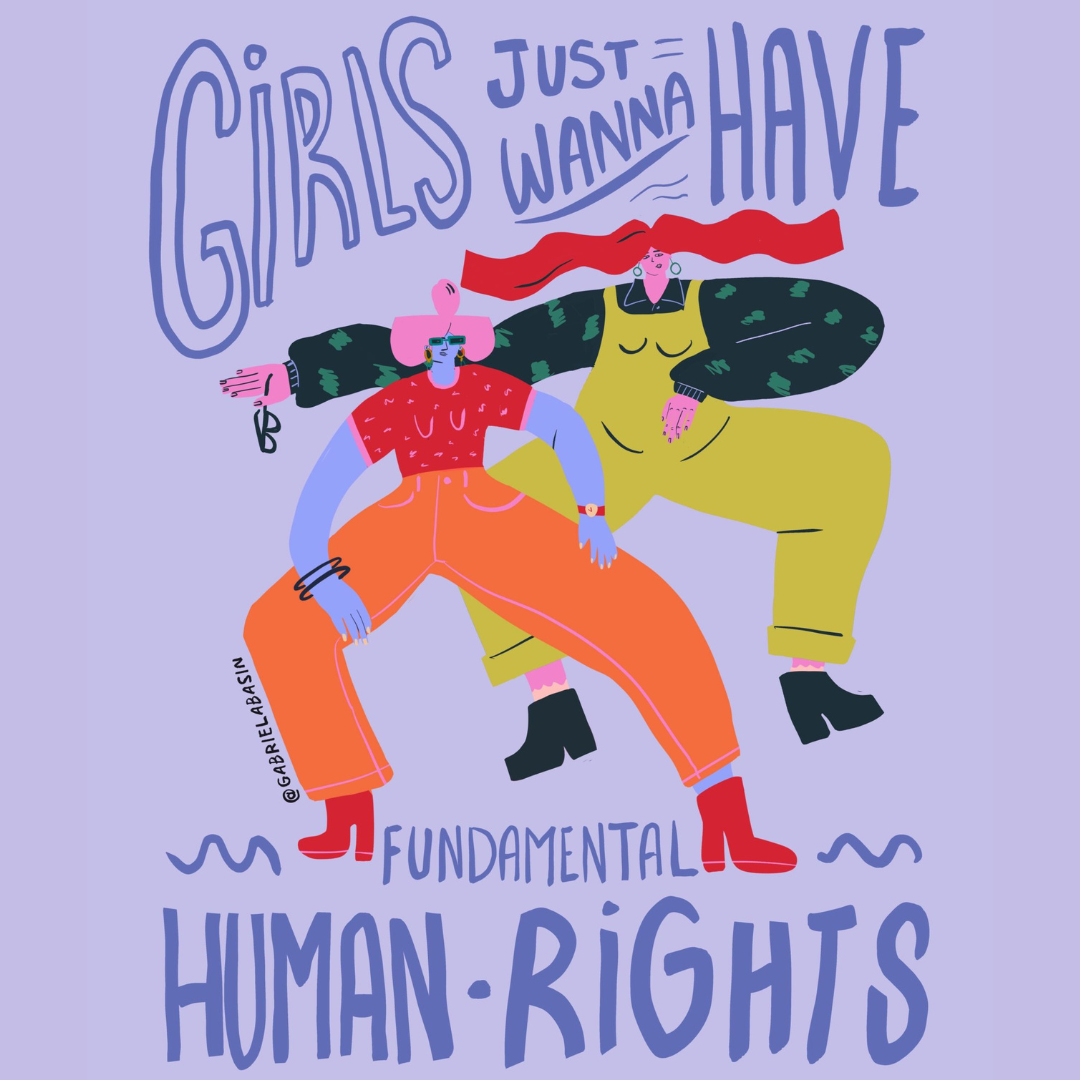By Lucie Daniel, Equipop (C2030E partner)
The 63rd session of the Commission on the Status of Women (CSW) took place at the United Nations Headquarters in New York from 11 to 22 March 2019. Each year, representatives of UN institutions, Member-States, and UN Economic and Social Council (ECOSOC) accredited NGOs gather to discuss issues related to women status and living situation. The 2019 priority theme for the CSW sessions was social protection systems, access to public services and sustainable infrastructure for gender equality and the empowerment of women and girls.
Following up on these issues, Equipop in partnership with CARE France organized a side event on March 12th sponsored by the governments of France and Canada. Entitled “On the way to Biarritz: Women’s Rights at the heart of the G7 Summit – The G7 Summit as a booster to tackle gender inequality worldwide”, this event aimed at discussing the role of the 2019 G7 summit as a cornerstone to advance women’s rights and ensure that gender equality is considered in all policies, in all fields. France declared the fight against inequalities to be the top priority of its G7 presidency, with a focus on gender inequality. This event initiated a dialogue between international civil society and G7 countries on political and financial commitments that need to be made for a truly feminist G7, in line with the 2030 Agenda for Sustainable Development.
Opening up with this year’s G7 host country, French Secretary of State for Gender Equality Marlène Schiappa recalled the 2019 G7 priorities in terms of gender-mainstreaming, including equal access to education for girls. Canadian Minister for Women and Gender Equality Maryam Monsef insisted that integrating young girls and adolescents in the decision-making process is key to success to fast-track gender equality across the board. High-level panelist Hélène Marie Laurence ILBOUDO, Minister for Women, National solidarity and Family of Burkina Faso, also emphasized that women empowerment is not an abstract concept, or something you give away, but rather a long-term process.
Other recommendations from civil society included greater accountability on part of governments committed to advancing women’s rights. In this regard, Katja Iversen, Director of Women Deliver and member of the 2019 Gender Equality Advisory Council, stated on the Biarritz legislative package that
“it’s not only about getting laws on the book. It is about having a budget line, implementation mechanisms and accountability”.
Ephrasie Coulibaly, President of young ambassadors for reproductive health and family planning network of Ivory Coast drew the same conclusion and called on G7 leaders to meet their commitments and answer to feminist movements, particularly on sexual and reproductive health rights for women and girls.
Last but not least, Lyric Thompson, Director of Policy and Advocacy at the International Center for Research on Women (IRCW) invited President Macron to attend the W7 Summit in Paris on the 9th of May to follow up on Prime Minister Trudeau’s initiative to show his support to women’s rights globally.
Not only is the G7 an opportunity to enhance France’s overseas development aid on sexual and reproductive health and rights, but it is also a chance to speed up the global agenda on sexual and reproductive health and rights in the longer term. This is especially true since President Macron has announced that the G7 would be held accountable towards the United Nations and that it would be open to other non-member States.
The members of the W7 coalition will follow this up closely, especially during the Women 7 Summit on May, 9th in Paris that will gather hundreds of feminist advocates to push for an ambitious global agenda for sexual and reproductive health and rights.
You can read the agreed conclusions of the CSW here.
Illustration: Bruna Alves for IPPF x Fine Acts



